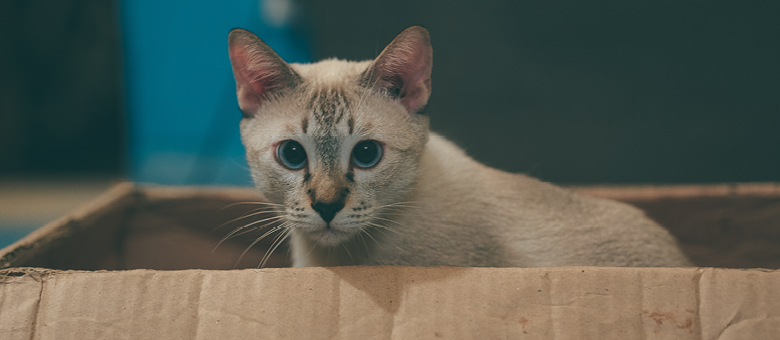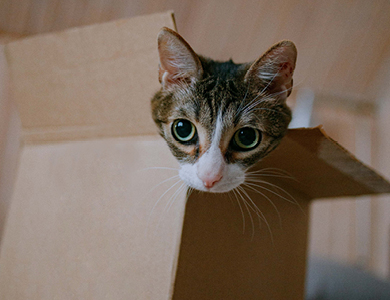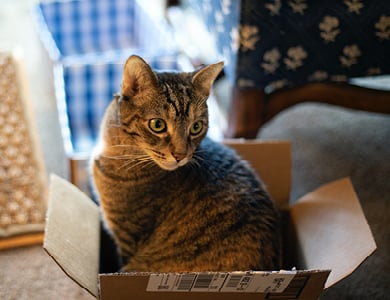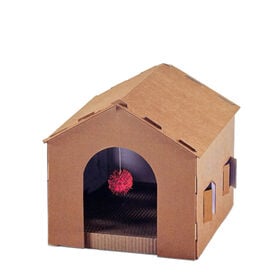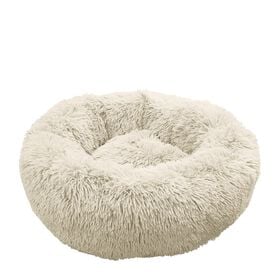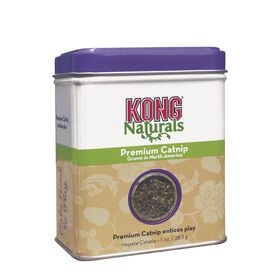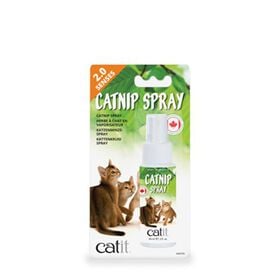Everyone knows how much cats love empty boxes. As soon as you put a box on the floor, your cat is all over it, as if you’d hidden a can of tuna in it. Is this attraction to boxes rooted in reality, or is it just another unproven theory based on an Internet phenomenon?
Snug by choice
In the desert, where the ancestor of the domestic cat emerged 3 million years ago, there were no boxes or anything remotely similar. How, then, would cats have evolved to have such an uncontrollable curiosity for boxes? Why does your cat prefer the box that you used to carry home your groceries to a fabulous and expensive customized basket?
There is only one criterion for cats: boxes have to be too small for them. You’ve undoubtedly noticed that your cat seems to prefer boxes that it has to squeeze into rather than ones that it can comfortably lie in. Cats’ love of boxes is real and can be perfectly explained from the point of view of ethology (the scientific study of animal behaviour).
Hunting instinct
Cats are ambush hunters. Your cat’s hunting success is based on its ability to sneak up on its prey or hide and pounce on it. That is why, when you hide a feather wand toy behind an object, your cat goes into ambush mode by crouching low to the ground and wiggling its rear end. That’s the position cats adopt in nature to approach and pounce on their prey. Once cats know that they can’t be seen by their prey, they sneak up on it, and then stop as soon as they think they might be spotted. Hiding a toy behind an object elicits that same stealthy behaviour, as though the prey were unable to see the cat approaching.
Along the same lines, boxes are ideal places for cats to hide because they love spots where they can see without being seen. Since cats don’t need much to feel that they are well hidden, a blade of grass, a branch or a 5-cm-high box are often suitable spots for launching a surprise attack.
Comforting boxes
Although this makes perfect sense, it doesn’t explain why cats lie in boxes and fall asleep. It’s a far cry from hunting behaviour when you see your cat sleeping in too small a box. It’s precisely because boxes meet many of the needs associated with cats’ various activities that cats love them so much:
- Cats prefer to run and hide when they’re scared or when a stressful event occurs. A box provides all the benefits of a safe hiding place from which they can see any approaching danger and quickly run away if the danger gets too close.
- Cats often seek out warmth. Just think of your cat’s favourite sunny spot on your bed or on top of the radiator. A box is an excellent source of insulation that helps maintain body heat.
- Cats love a sense of snugness. Although not scientifically proven, it is believed that this preference goes back to when they fed on their mother’s milk, crammed together with their brothers and sisters.
These last two characteristics also explain why cats like their boxes to be a bit too small for them.
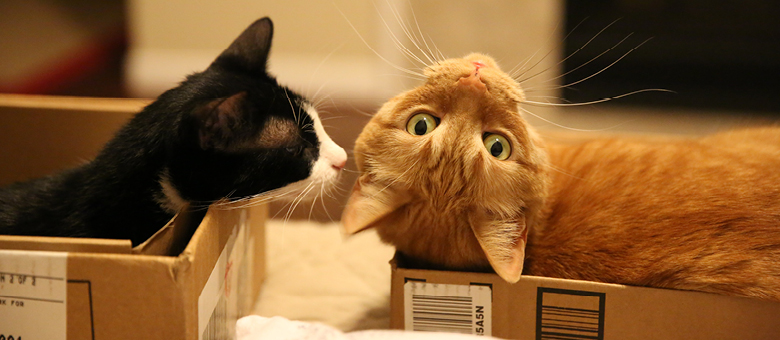
A study on shelter cats conducted in the Netherlands revealed that boxes can greatly reduce stress. In the study, half a group of new arrivals was isolated in a room that contained only shelves. The other half was isolated in an almost identical room, but in which there were more boxes than cats. The study clearly showed that the cats in the room with the boxes managed to calm down and adapt to their environment much more quickly than those in the room without the boxes.
Playground
A box can also be a game. A bit like children who make a tent out of blankets, cats can perceive a box as an ideal playground. Some cats will even chew on it. It is therefore important to ensure that they don’t eat the cardboard. If they do, keep them away from boxes, and talk to your veterinarian.
Lastly, cardboard is one of the materials that cats prefer for sharpening their claws, as evidenced by the number of items made of cardboard found in pet shops. Since cats love scratching up materials and leaving their mark wherever they go, cardboard is ideal.
That’s all the proof you need that cats’ love of boxes is real and that cardboard boxes have many of the characteristics required to fulfill a number of your cat’s needs. Although cardboard boxes are ideally suited to cats, they do not always blend perfectly well with your home decor. In that case, try finding a basket that offers as many of the above-mentioned characteristics (e.g., size, insulating properties, location) so that it provides maximum appeal for your cat.
